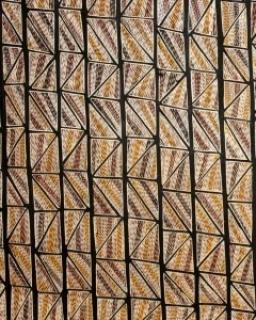
Abstract
In early 2022, the Northern Territory published a new Remote Rent Framework, to come into effect from 5 September 2022. This radical new policy abolishes income-based rent setting in public housing in remote Aboriginal communities and Town Camps in Alice Springs and Tennant Creek. Urban public housing remains subject to income-based rent setting. The new rent setting framework seeks to simplify the system while increasing the rental revenue received from remote public housing tenants. If the new rent setting framework is successful in increasing rent revenues accruing to the public housing authority, it will do so at the cost of further impoverishing remote public housing tenants. Redistributing funds from remote community residents to the housing authority will transfer the cost of supplying housing away from the fiscally constrained Northern Territory Government and onto impoverished Aboriginal citizens. The abolition of income-based rent setting in remote public housing alone is arguably a form of indirect discrimination and is out of step with current Commonwealth Government moves to terminate a swathe of programs that discriminate against Indigenous residents of remote communities. We urge the Northern Territory government to halt its implementation of the new remote rent framework until it can be properly assessed and communicated clearly to remote public housing tenants and Aboriginal representative bodies.
DOI or Web link
http://doi.org/10.25911/YWW2-3J38File attachments
| Attachment | Size |
|---|---|
| TI_3_2022_Markham_and_Klerck.pdf(1.15 MB) | 1.15 MB |